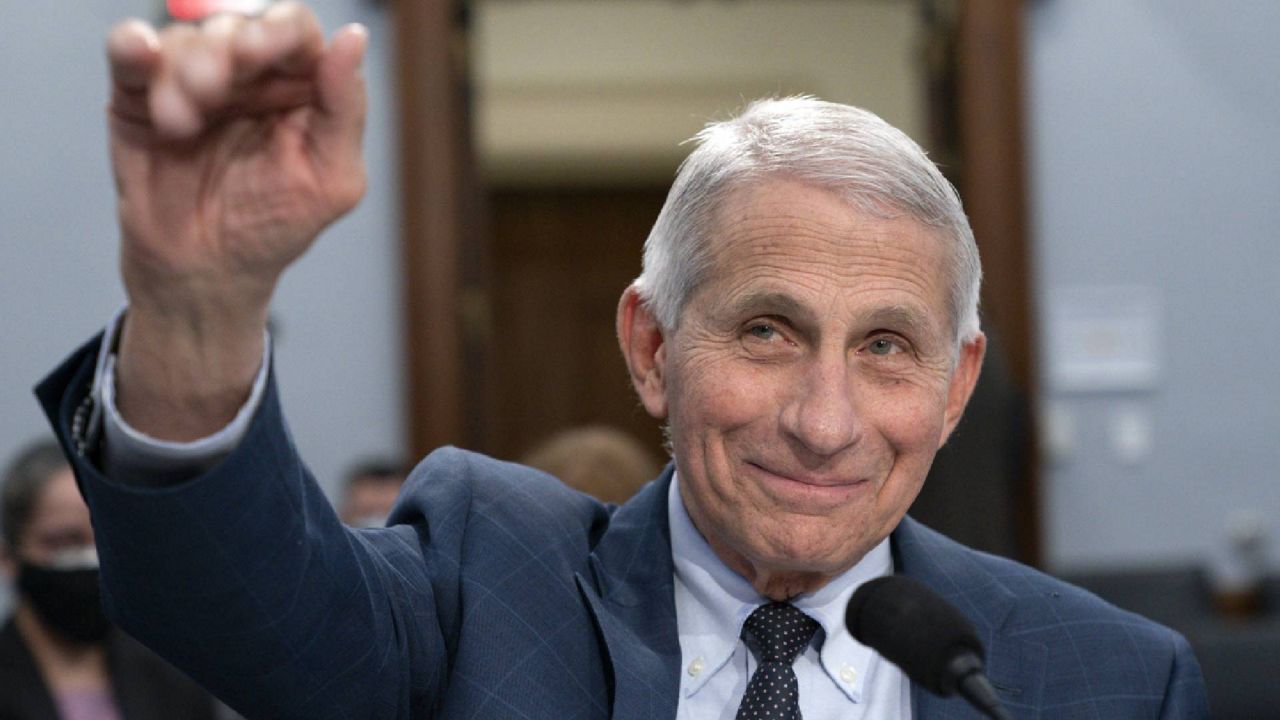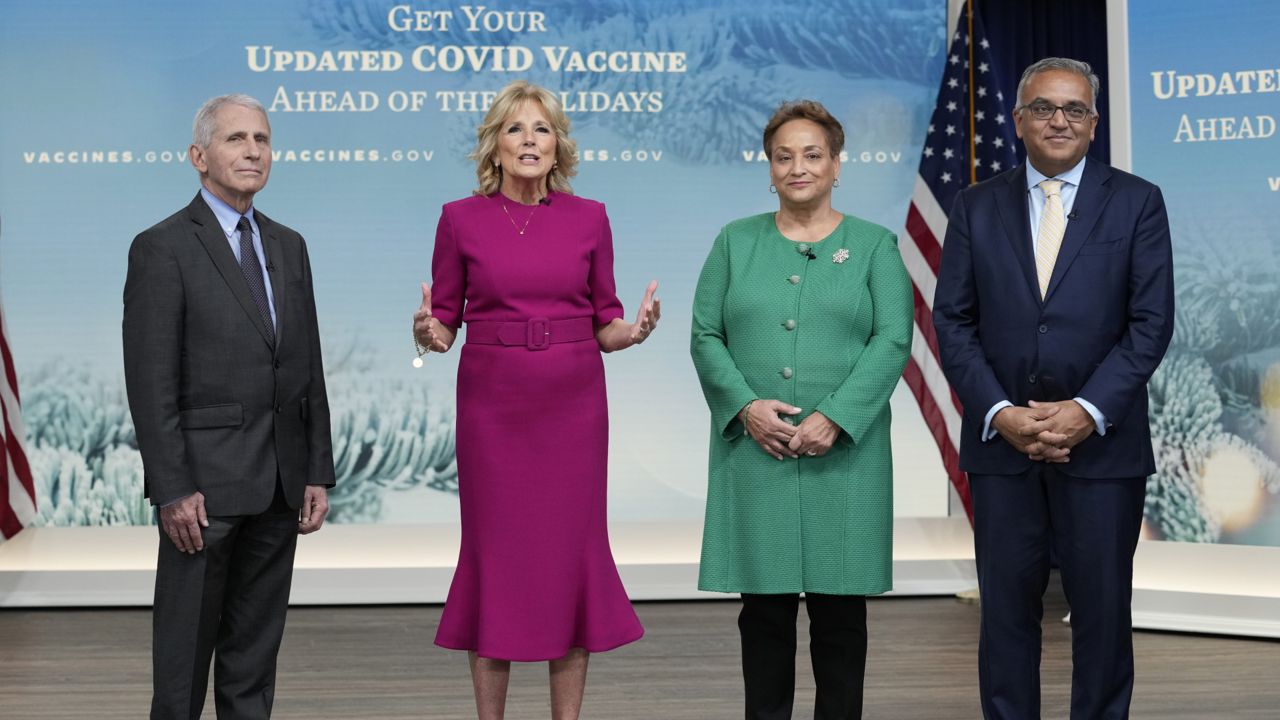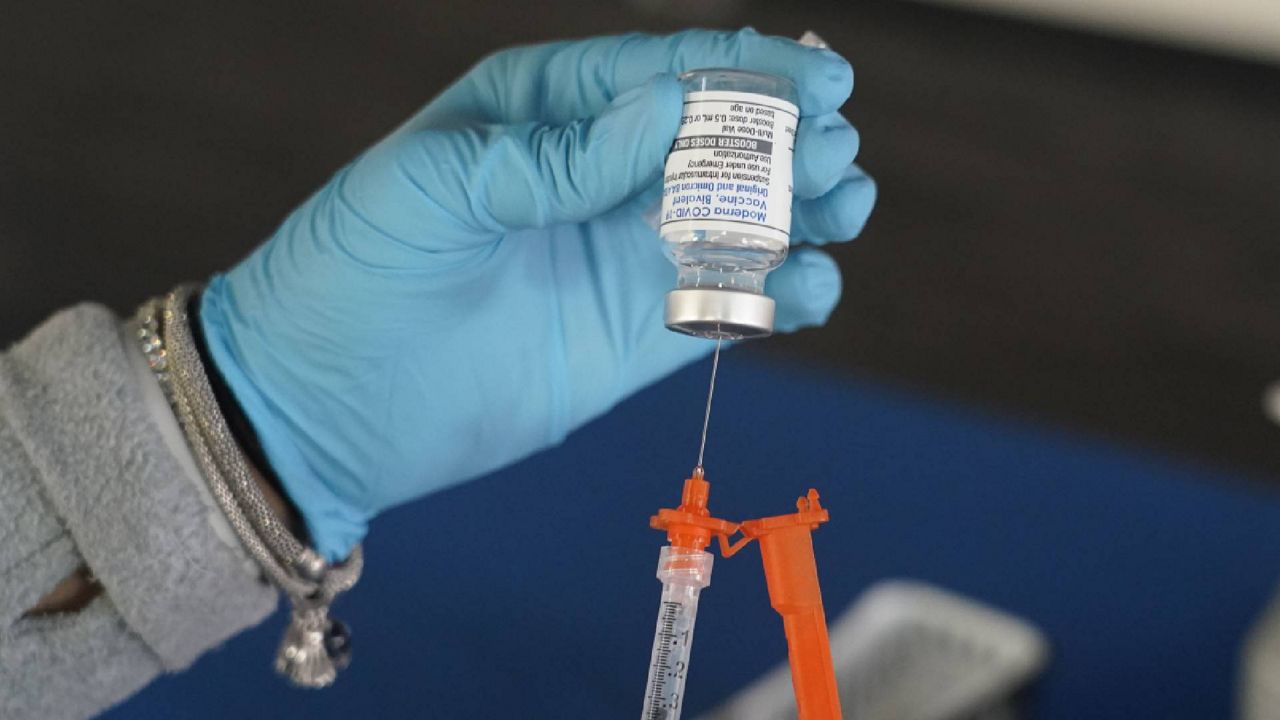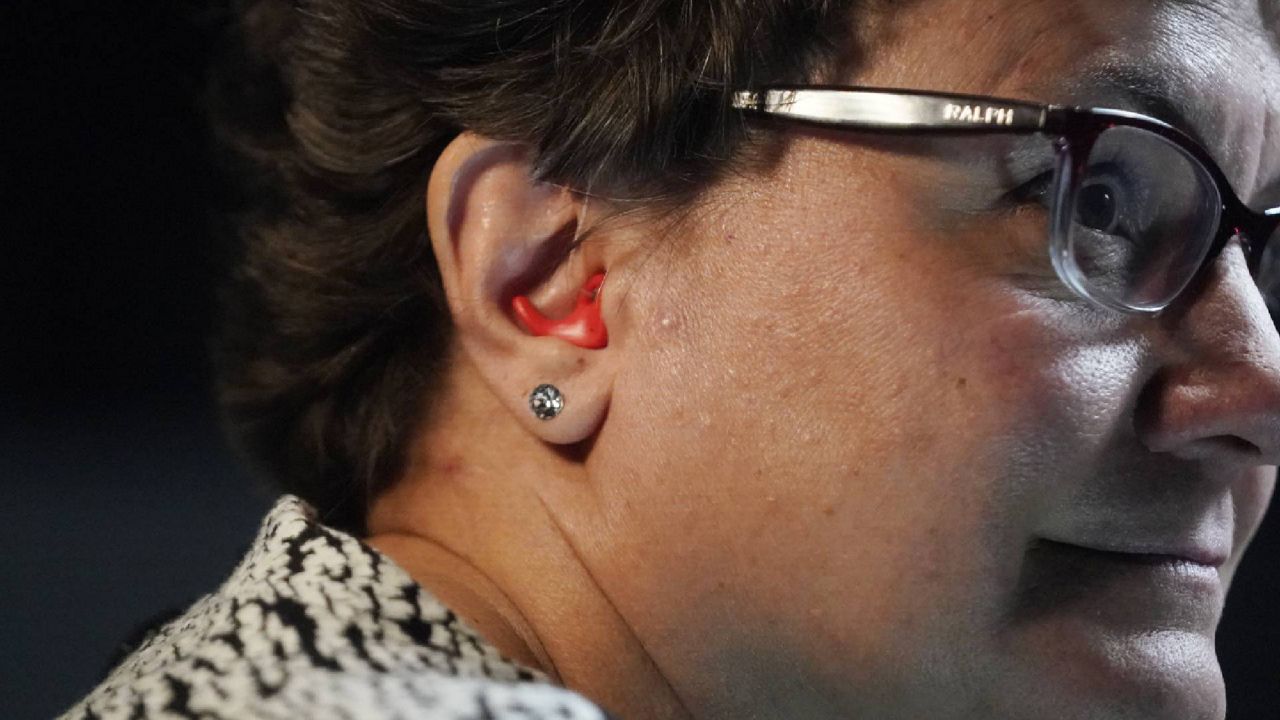U.S. health regulators on Tuesday took the final step to make hearing aids available directly to consumers in stores or online, without a consultation or prescription, a move that Biden administration officials say will lower the cost of hearing aids and make them more accessible to Americans with some hearing loss.
The Food and Drug Administration issued its final rule on the regulation to go into effect in 60 days, meaning the first over-the-counter (OTC) hearing aids could be available to purchase in mid-October, at the earliest.
The rule is a culmination of years of bipartisan work in Washington to make hearing aids cheaper, safe to use without an exam and to increase competition in the industry. Congress passed a law in 2017 calling on FDA to make the OTC rule, but the agency didn’t act until required by an executive order signed by President Joe Biden last year.
The rule would put hearing aids on shelves for Americans 18 or older with “perceived mild to moderate” hearing loss, and it gives manufacturers a few months to make sure they meet the requirements before coming to market.
Just one in five Americans who need hearing help currently use an aid, said FDA Commissioner Robert Califf. Close to 29 million Americans could benefit from them, according to the National Institutes of Health.
“We expect that it will unleash the power of American industry to improve the technology in a way that will impact the enormous burden of disability from hearing loss,” Dr. Califf said, adding it will give consumers “greater control over their hearing aid purchasing decisions.”
FDA officials estimate that new hearing devices coming online could save consumers as much as $2,800 per pair. The average cost of a single hearing aid is about $2,680 out of pocket, according to Consumer Reports, and insurance coverage is uncertain.
National Economic Council Director Brian Deese on Tuesday said making hearing aids broadly accessible would boost competition to drive down costs across the industry.
“The issue here was that the requirement to see a doctor or a hearing specialist was an example of what economists call a barrier to entry,” he said on a call with reporters. “The bundling of hearing aids with exams also reduced competition by making it harder for consumers to comparison shop for the best deal.”
President Biden and lawmakers who advocated for the change celebrated the new FDA rule on Tuesday.
“This action makes good on my commitment to lower costs for American families,” Biden said in a statement.
“FDA finally heard me!” Sen. Chuck Grassley, R-Iowa, wrote on Twitter, calling it “Good news 4 consumers.”
Sen. Elizabeth Warren, D-Mass., who worked with Grassley in the Senate to get the new rule enacted, called Tuesday "a HISTORIC" day for Americans."
"I’ve been fighting for this for 5+ years and this is a terrific win for consumers," the Massachusetts Democrat wrote on Twitter, adding: "It took years of hard work, but I’m glad that millions of Americans—many of whom aren’t using hearing aids because they are too expensive—will soon be able to buy safe & affordable hearing aids over the counter. This is what it looks like when government works for working people."
The FDA had issued its proposed rule on OTC hearing aids in Oct. 2021, predicting the first would come online this summer.
Califf explained Tuesday that the agency then received several comments on the rule that needed time for review, pushing the timeline back to October 2022.
“People felt strongly about several of the issues that needed to be dealt with,” he said. “It just took a lot of work to make sure that we had responded to all the comments and found what we thought was the sweet spot.”
Some of those comments included concerns about safety, including questions about whether Americans self-selecting and fitting hearing aids could instead make hearing worse if not done correctly.
Asked about this, Dr. Jeff Shuren, director of the FDA's Center for Devices and Radiological Health, said the FDA has set a maximum volume level on the devices to prevent harm.
“We believe where we have set the parameters best balances safety and effectiveness,” Shuren said.
Hearing loss can be caused by aging, exposure to loud noises and certain medical conditions, Dr. Califf said, and it can affect personal relationships, school or work performance and emotional health.









